What Is Fun Brain?
Fun brain is the approach of finding ways to improve mental functions through enjoyment during games. Entertainment and education keep the brain engaged, but they do so by having fun. For example, fun brain promotes creativity, problem-solving, and critical thinking, while traditional learning methods often revolve around memorization and rote learning. It uses games, puzzles, activities, and even social interaction to activate different cognitive processes.
The Science Behind Fun Brain
The human brain is hardwired to hunt for novelty and reward. The brain responds to fun in this way because dopamine, the neurotransmitter connected to pleasure and rewards, is released. This dopamine response reinforces our behavior and positively reinforces fun brain activities. In addition, these activities enhance neuroplasticity, or the ability of the brain to create new connections and adjust to new experiences.
At least one study has found that playing to learn can be a powerful way to boost memory, attention, and emotional self-control. For example, games based on pattern recognition and strategic thinking can improve problem-solving skills, while activities that demand concentration can promote focus and mental clarity. Over time, these playful exercises can aid long-term cognitive health.
Why Fun Brain Activities Are Good For You
Improved Cognitive Functions
The best part of all of the brain games listed above is that they will stimulate a variety of parts within your brain to help keep you as sharp as you can be. These activities can help boost memory, learning speed, and concentration. For instance, mind games and puzzles such as Sudoku and crossword puzzles improve their logical thinking and memory retention.
Boosted Creativity
Creative play — through drawing, writing, or solving elaborate problems within a game — is a great way to access and expand your imagination. Lateral thinking is encouraged through fun brain activities, keeping the brain open to new concepts and perspectives.
Stress Reduction
It is said that laughing and playing lower stress levels. Engaging in fun brain activities diverts your attention away from everyday stressors because it enables you to concentrate on what you are doing instead of stressing over things beyond your control. Also, when you feel pleasure, your brain releases endorphins — natural mood lifters.
Better Problem Solving Skills
Among those fun brain activities, many require you to solve complex problems, as with strategy games and puzzles. This also aids in building critical thinking and problem-solving skills that are crucial in personal as well as professional life.
Increased Social Interaction
Some enjoyable brain activities, like board games or team-based challenges, promote socializing. Other people in a fun environment can be beneficial to developing communication, collaboration, and emotional intelligence.
Stronger Emotional Regulation
Doing so can make it easier to process and control emotions for both children and adults. In this low-stakes, fun, and frequency-based environment, people learn to handle success and failure — improving emotional resiliency.
Fun Brain Games for All Ages
Fun brain activities for kids are crucial for their developmental process. Games that force them to use their memory, motor skills, and do a bit of thinking are perfect for helping their minds grow. Activities such as:
Memory games: Simple card games such as “Go Fish” or “Memory” boost memory retention and concentration.
Creative arts: Drawing, building with blocks, or acting out stories facilitates creativity.
Interactive video games can be a great way to engage with skills such as critical thinking, problem-solving, and collaboration.
Fun Brain for Adults
Mind games that keep your minds active and adaptable can be very beneficial for adults. It is said that those who have activities that require analytical thinking or creativity have balanced lifelong learning as well as mental health. Examples include:
Board games or card games: These types of games foster strategic planning and problem-solving.
Puzzles and riddles: Interest in brain teasers or logic puzzles enhances memory and concentration.
Creative hobbies: Painting, knitting, or writing are also fun brain activators that exercise cognitive functions while relaxing.
Fun Brain for Seniors
Seniors need to keep their minds engaged to prevent mental age-related decline and also some mental-related diseases. Brain games for fun activity ideas for seniors include:
Trivia games — These games can help improve memory and recall.
In closing: Crossword puzzles or Sudoku: Good for strengthening problem-solving skills.
Physical activities such as dancing or walking: Although these are not m
ntal exercises, they help our brains by enhancing blood circulation and releasing endorphins.
Ways to integrate Fun Brain into your routines

It is easier than it sounds to add fun brain activities to your day. Here are a few easy steps you can take:
Doing things for fun: Schedule time (at least 15–30 minutes daily) for you to do an enjoyable brain game exercise, like playing a game, solving a puzzle, or creating art.
Pick the appropriate activities: Select the right activities based on your goals (e.g., wanting to improve memory, reduce stress, be more creative, etc).
Be social: Interact with others in playful cerebral activities to enhance social links and emotional health.
Experiment with games and challenges to keep your brain challenged and never boring.
Consider using technology: Countless apps and online services provide entertaining brain games that could enhance cognitive function via a human-cognitive-pleasing medium.
FAQs (Frequently Asked Questions)
What are fun brain activities for kids?
Examples of fun activities for developing children’s brains include memory games, puzzles, arts and crafts, and interactive apps that enable kids to learn as they play. Games like “Candy Land” or “Scrabble” can help with cognitive development, too.
Are there other fun brain activities to enhance focus and concentration?
Yes, sustaining your attention while doing puzzles, board games, strategy-based video games, etc., can help you in improving your focus and concentration in the long run.
Are fun brain activities supported by scientific data?
Yes, many research studies have demonstrated that playful learning activities can promote cognitive and emotional development and increase creativity. These activities have been associated with benefits such as enhanced memory and problem-solving ability and even reduced stress.
How can I build a daily habit of fun brain work, interacting with the virtues?
Set up a fixed time for these activities every day to ensure your brain gets its fun time as a part of your daily practice. Add them to your routine right away by combining them with other tasks you do every day, like after work or during family time.
Here are some fun brain exercises that may lower cognitive decline in seniors.
Yes, on senior cognitive health, doing fun brain activities may reduce the risk of cognitive decline. Riddles, puzzles, and problems that exercise memory, problem-solving, and reasoning are particularly valuable practice.
Conclusion
Engaging in some fun workouts through our daily lives can be very beneficial for our mental and cognitive health. Whether you’re a child, an adult, or a senior, playful learning exercises serve to increase creativity, strengthen memory, develop problem-solving skills, and lower stress even more. It is important to regularly do these and have fun while learning and growing. All work and no play makes Jack a dull boy, as they say, and the same goes for our brains; we need to do fun things and stimulate ourselves to keep our minds sharp and prepared for what life has in store for us next.
Remember, by adopting a fun, we are not just enjoying ourselves but contributing to a fun brain ladder for the future! So when you next play a game or do a puzzle or engage in some kind of creative activity, bear witness—I’m not just wasting time; I’m allowing my brain to develop and grow and enjoy itself in the process.

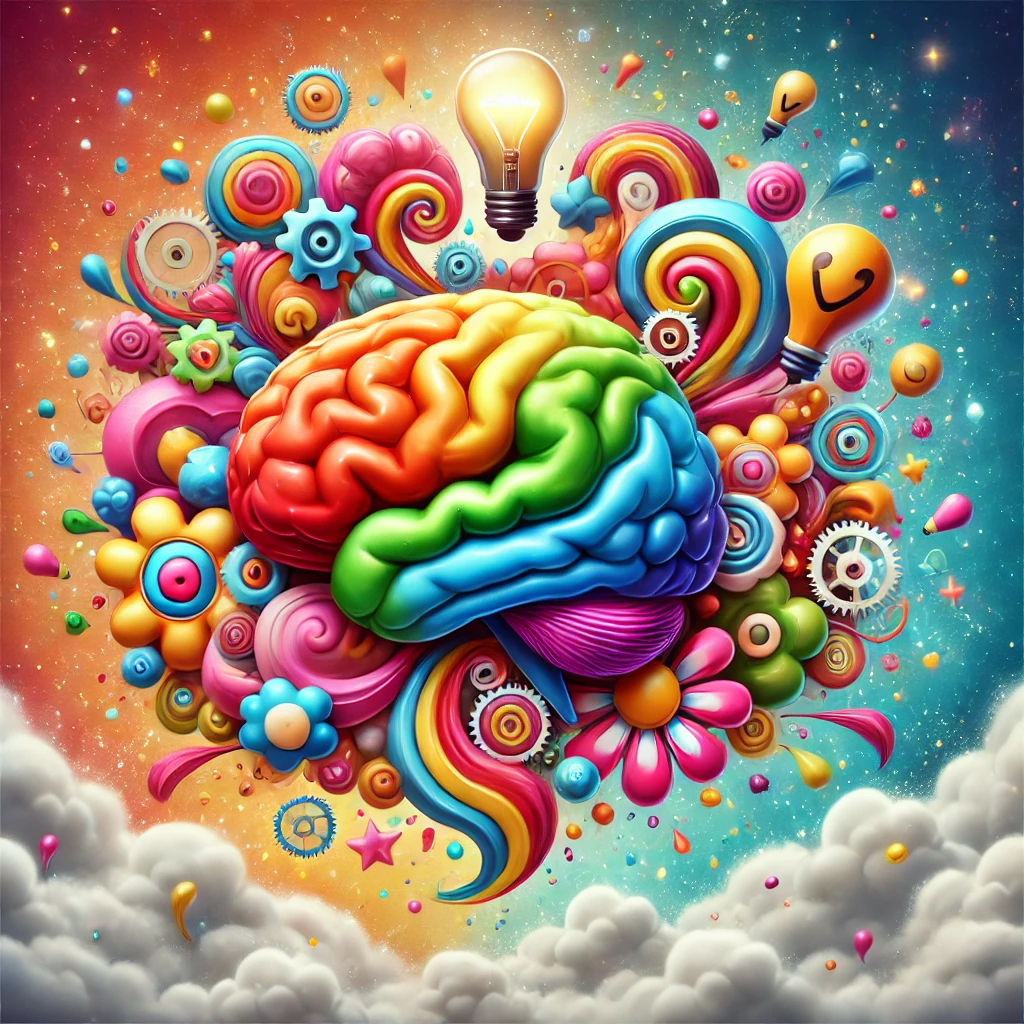




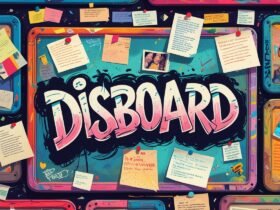



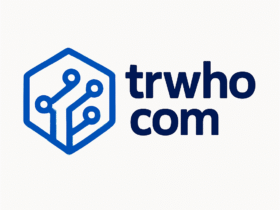


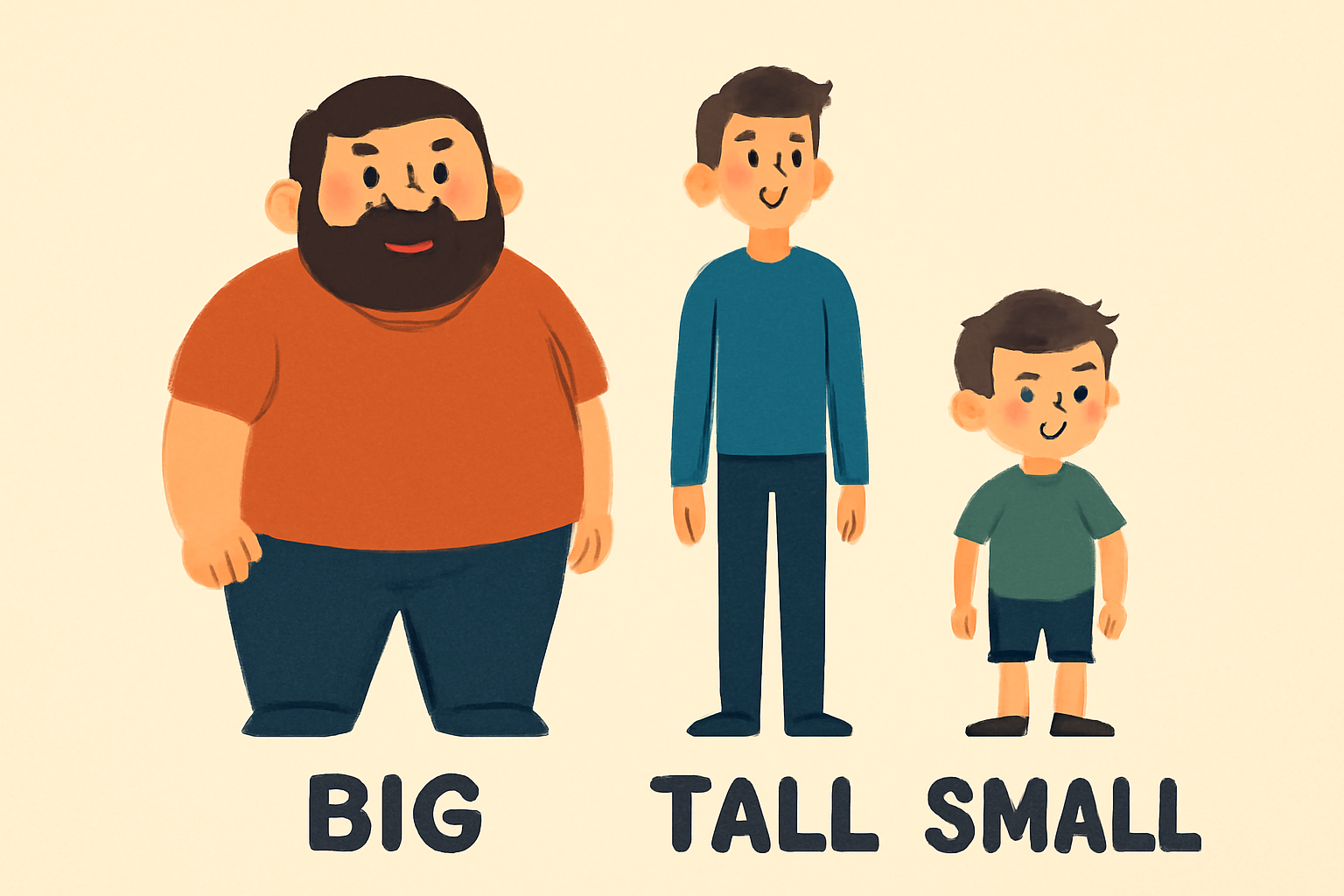
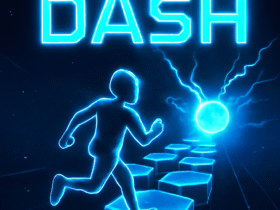
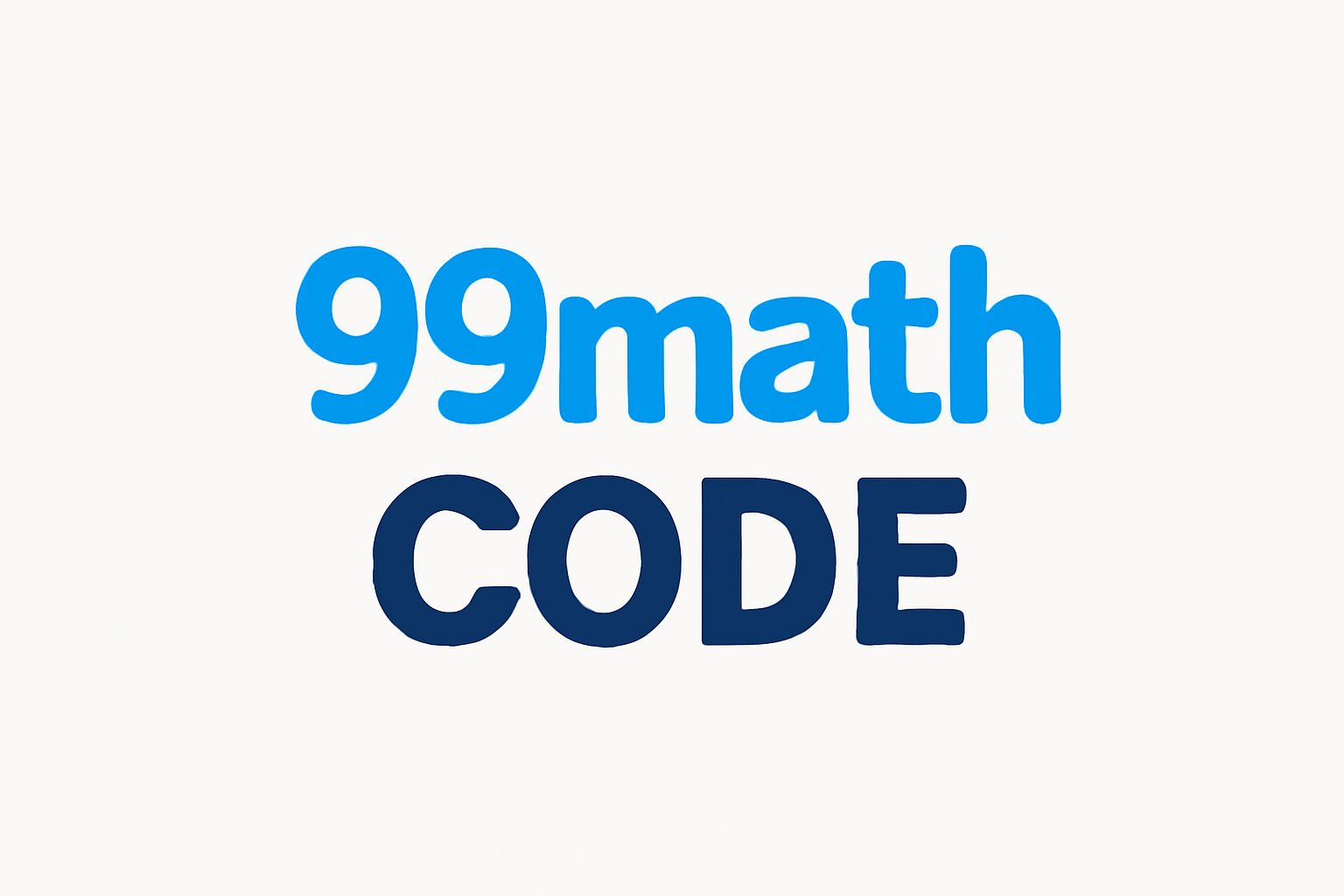

Got a Questions?
Find us on Socials or Contact us and we’ll get back to you as soon as possible.